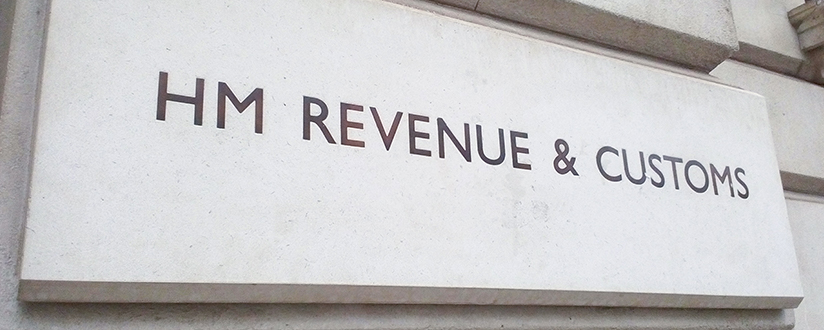
Using a Bridging Loan to pay inheritance tax
If you've been recently bereaved it can be a pretty overwhelming experience - the loss of someone close is tough, whatever the circumstance.
Paying any inheritance tax due may be something that you don't want to contemplate during grieving, however HMRC have specific requirements and if you don't comply then you risk financial penalties.
Rather than ignore it, getting a basic handle on what your obligations are to the government may actually reduce anxiety.
For example, knowing that you have 6 months from the date the person died to arrange for the tax to be paid gives you some breathing space. You can find out more about inheritance tax obligations via the HMRC's website - just click here.
Here's a summary of the usual steps you need to take when someone dies:
- Register the death
- Arrange the funeral
- Tell government about the death
- Check if you can get bereavement benefits
- Deal with your own benefits, pension and taxes
- Check if you need to apply to stay in the UK
- Deal with their estate (including paying inheritance tax)
How can a bridging loan help pay an inheritance tax bill?
If you find yourself needing to raise funds fast to pay for an inheritance tax bill then you can do so via a bridging loan.
In summary a bridging loan is a short-term finance solution that's secured against a property.
If the deceased has a property as part of their estate then you can secure the bridging loan against this property.
We've over 40 years combined experience with arranging personal bridging finance for many purposes, from settling inheritance Tax bills to property refurbishment.
For more information call one of our bridging specialists today on 02037 807610 or enquire online.
Get started
We can help you to get where you need to be quicker. We can typically confirm same day whether your loan application is likely to be successful.

